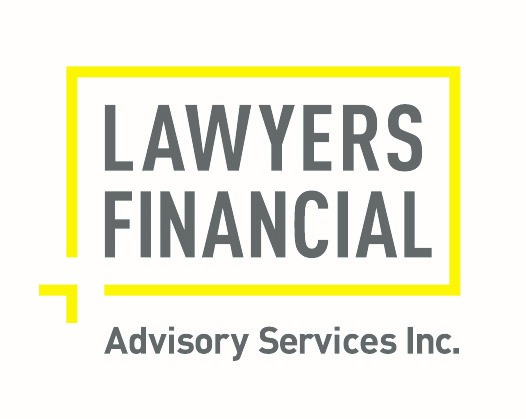
The world is reopening, and you’re overwhelmed with choices about how to spend the holidays. Whether to have a company party in person or online? Whether to venture out of town or out of the country? How to plan your shopping (or whether to shop at all) given the global supply chain crisis?
If the old holiday favourite, “tax planning” isn’t on your list, we’ve got you covered.
Here are some year-end decisions you can outsource to your financial and tax advisors. A five-minute chat before December 31st will pay off when it’s time to file your 2021 tax return.
1. CAN WE FIND A SILVER LINING IN ANY INVESTMENT LOSSES?
If any of your investments are lagging, now might be the time to take advantage of a strategy called “tax-loss selling.” By selling an investment that has lost value, you can claim a capital loss. From a tax perspective, losses cancel out gains, resulting in a smaller tax bill. This strategy makes sense when:
- You need to offset capital gains tax.
- You believe the investment no longer matches your investor profile.
- The cost of selling the investment won’t trigger big fees.
Your Lawyers Financial advisor can help you decide if tax-loss selling is a good idea for you in 2021.
2. WHAT’S THE BEST WAY TO SHARE MY GOOD FORTUNE?
Whether or not donations to your favourite charities will result in tax savings, there’s no doubt that lots of organizations need help this year. If you’re lucky enough to be able to lend a hand, talk to your advisor about two common ways to share your wealth.
| Cash donations | Non-cash gifts in kind |
|---|---|
| You’ll get a tax credit when you make a cash donation to registered charities. Unused credits can be carried forward to reduce taxes in any of the next five years. | As an alternative to tax-loss selling, you can donate securities such as stocks, bonds and mutual funds to registered charities to lower your tax bill. |
| Depending on your province, you may get as much as 53% back as charitable tax credits. | Donations of publicly traded securities are eligible for a zero-per-cent capital gain inclusion rate, effectively eliminating the capital gains tax. |
| Feeling generous but don’t know where to start? The Government of Canada provides a complete list of registered charities. | |
3. SHOULD I TOP UP MY KIDS’ EDUCATION FUND?
December 31st is the last day to contribute to your child’s Registered Education Savings Plan (RESP) to beat the deadline for the government matching. The Canada Education Savings Grant (CESG) matches 20% of your contributions, up to a total grant of $500 per child per year.
RESPs are an important part of your family tax plan for two reasons. Investment gains are tax-deferred. And when you withdraw money from the plan to pay for your child’s post-secondary education, the income is taxed at your child’s marginal tax rate, which will likely be much lower than your own.
Making decisions that could affect your taxes should always be done in consultation with qualified tax, insurance and investment specialists. Talk to your Lawyers Financial advisor about your options as we all get ready to turn the page on 2021.


